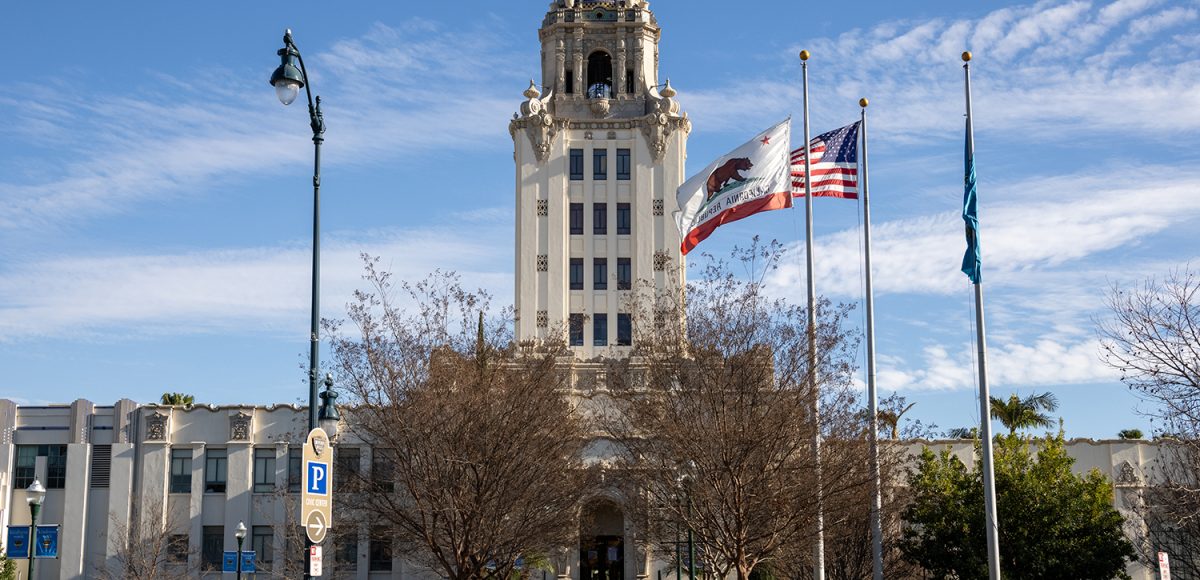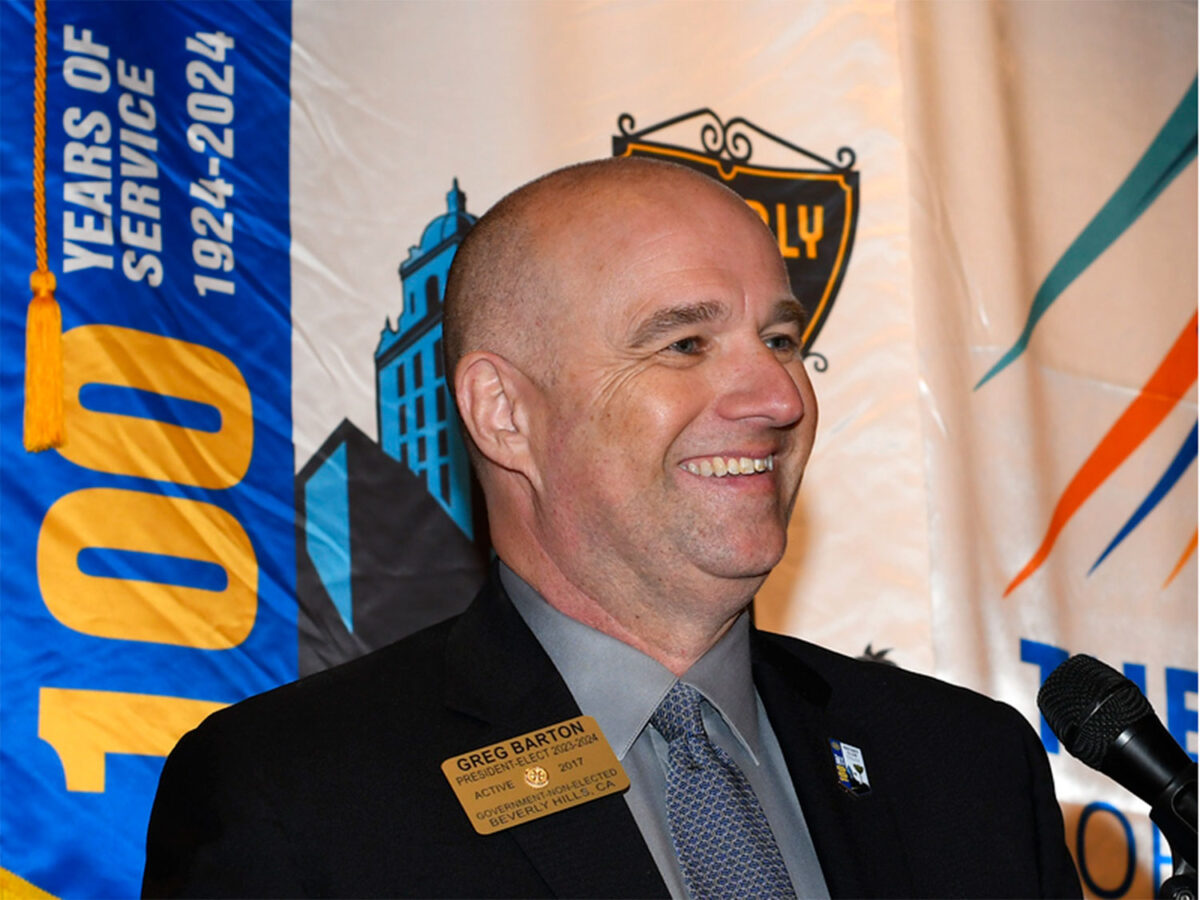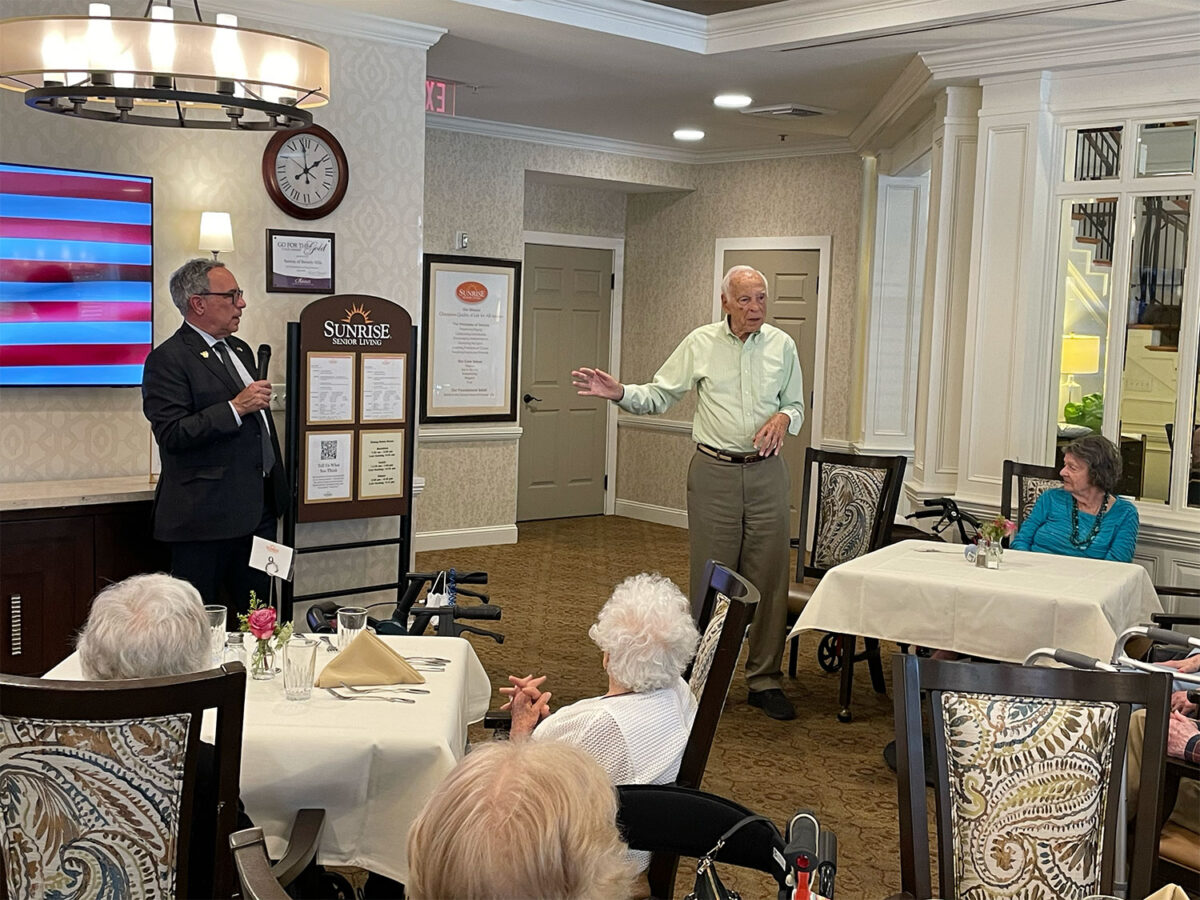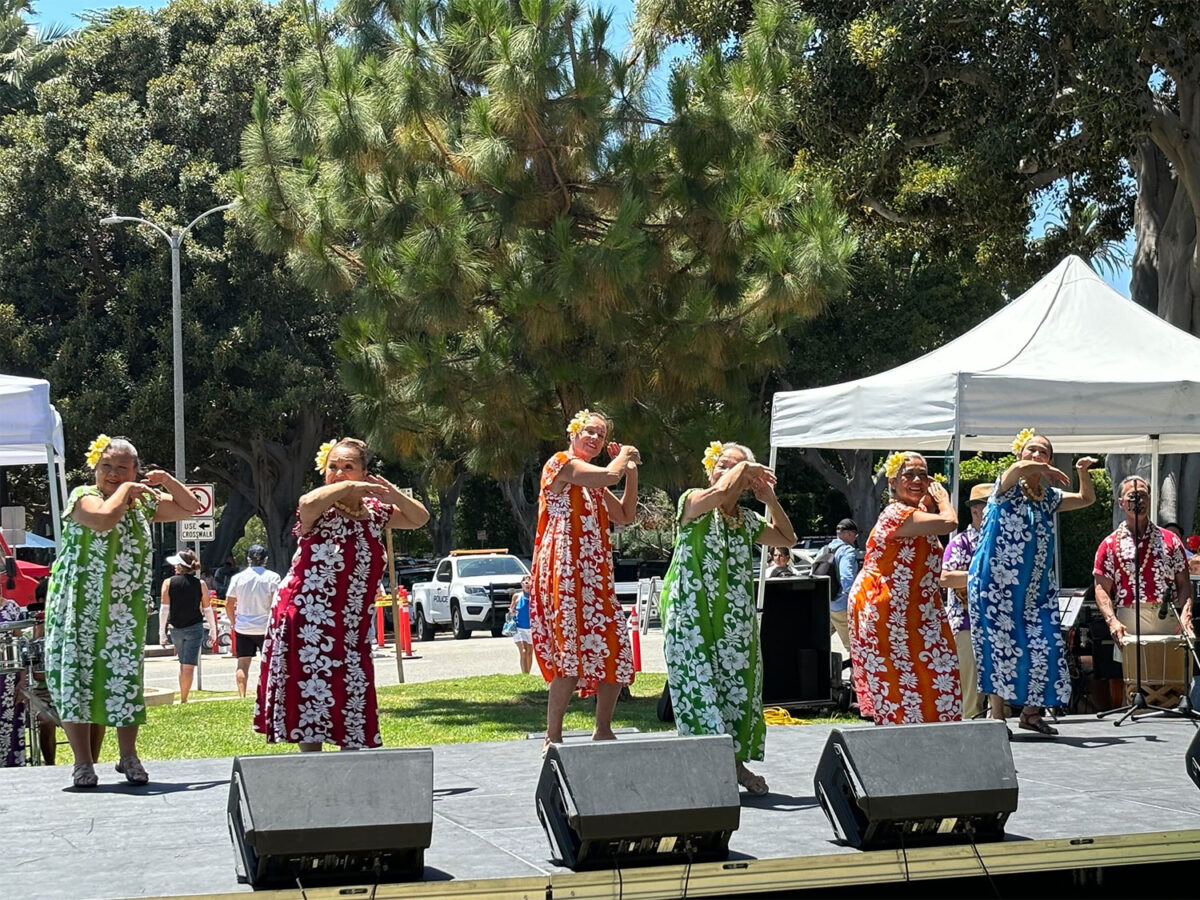The Human Relation Commission (HRC) and the City Council Liaisons Committee met on May 17 to discuss Community Assistance Grant Funding (CAGF) application recommendations for 2021-22. Through CAGF, the city partners with local organizations that provide services for the community’s most vulnerable populations, such as seniors and homeless, to maintain a social service safety net–a priority outlined in the city’s General Plan. HRC commissioners recommended the city continue funding the 19 existing CAGF recipients and three new organizations that address the increased needs of those experiencing homelessness, grief and loss, and food insecurity. Liaisons Vice Mayor Lili Bosse and Councilmember John Mirisch also supported a request to budget an additional $200,000 to fund a Mental Evaluation Team (MET) member from the Los Angeles County Department of Mental Health to assist the Police Department. City staff recommended a budget increase of $724,999 from last year’s budget of $1,197,500 to $1,922,499, which come from the city’s General Fund to finance expanded services.
All applicants were reviewed by the HRC to make sure each met the grant criteria, and the Charitable Solicitations Commission ad-hoc assessed each applicant’s financial viability. Grant fund allocation recommendations will be formerly presented to the City Council on June 1.
“We have a record number of applications this year with 31 applications,” Commissioner Annette Saleh said. “And it continues to increase every year. So, the word is getting out there that we’re a city that helps and provides for the underserved in our community.”
The 19 existing grant recipients include Affordable Living for the Aging, All Saints’ Homeless Assistance Program, Bet Tzedek Legal Services, Beverly Hills Active Adult Club, Beverly Hills Cardiopulmonary Resuscitation (CPR), Beverly Hills Education Foundation (BHEF), Chiron Center, Inc., ETTA, Jewish Family Service – Los Angeles, Jewish Free Loan Association, The Miracle Project, The Maple Counseling Center, People Assisting The Homeless (PATH), Saban Community Clinic, Step Up on Second, Theatre 40, Tower Cancer Research Foundation, the Wallis Annenberg Center for the Performing Arts and the Westside Food Bank.
The three new recommended CAGF recipients include the Collins and Katz Family YMCA, OUR HOUSE Grief Support Center and Safe Parking LA.
The Collins and Katz Family YMCA is a local food and grocery distribution site for families and seniors experiencing food insecurity. The organization has proposed to use the funds by distributing food provided by food banks directly to residents in need who don’t have access to transportation. OUR HOUSE Grief Support Center offers grief and counseling services that provides ongoing long-term support through various stages of grief. The organization also offers camps for children experiencing grief due to loss of parent or caretaker. “Due to the pandemic, they expect to see an increased need for grief support,” HRC Chair, Ori Blumenfeld, said. Safe Parking LA provides vehicular homeless individuals and families with secure overnight parking, access to hygiene, food, and case management services. “It’s our homeless people that are living in their cars,” Human Services Administrator, Jim Latta, said. “We don’t address that well right now, and this would allow us to. Because once you lose your car and all your belongings, then it’s people in the street.”
Staff recommend allocating $200,000 to bring on a member of the Los Angeles County Department of Mental Health Evaluation Team to assist the Beverly Hills Police Department and provide mobile access to mental health treatment including emergency psychiatric assessments.
“We’ve had quite the severe presence of folks that are homeless and so mentally ill, they can’t even respond to outreach,” Latta said. “And that’s very difficult because they don’t respond to our outreach and they’re not ill enough to be hospitalized by police, so they remain in our parks and there’s not a whole lot what we can do.”
According to Latta, 39 out of the 46 police departments in Los Angeles have a mental health evaluation team. Because police are typically the first to respond in any type of emergency, mental health teams are paired with them.
“The Department of Mental Health can work with us to make it unique to our city,” Latta said. “But basically, it’s a person that works for or with the Department of Mental Health that can write holds. Typically, they ride with police in an unmarked vehicle, and they come to and talk to a person then our outreach team and this department of mental health worker could work on writing holds, getting to know this person. They can look them up in the county system to know what hospital they got discharged from today and why they’re in Beverly Hills now.”
“Police are very often, as good as they are sometimes, and as sensitive as they are, they don’t have the training,” Mirisch said. “This is something that, considering the needs of people who clearly need help in our community, would be a good thing. I completely agree and if the amount of 200,000 is not enough, I would support even an additional funding amount to make sure that we have enough people to meet the increased need.”
Bosse echoed her support and agreed with Mirisch. “Quite honestly, I only wish we had had this in place now, and in the last number of years,” she added.
To learn more about human services community partners and the CAGF process, visit http://beverlyhills.org/departments/communityservices/humanservicesdivision/humanservicescommunitypartners/web.jsp?NFR=1.







